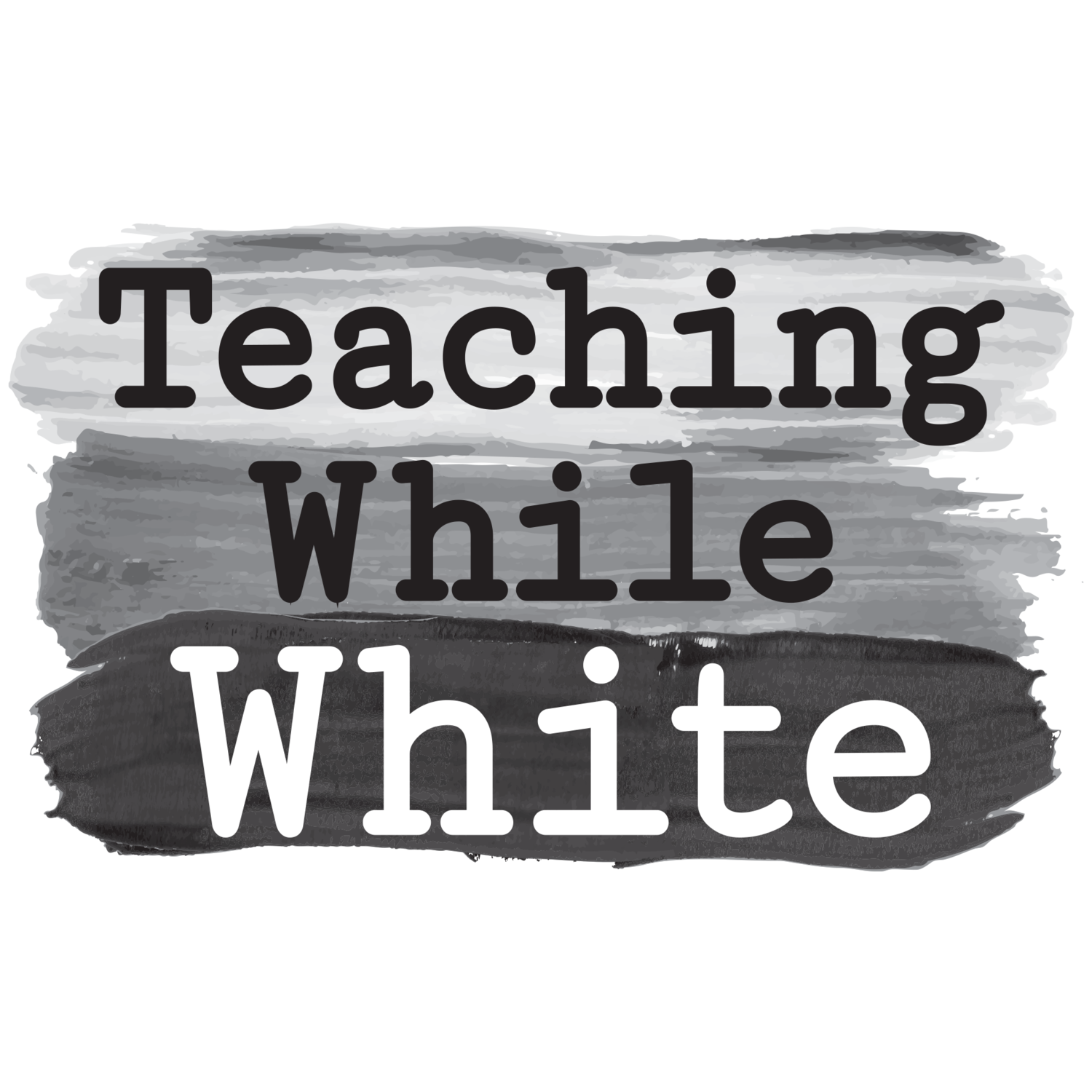White Men Respond
In response to our August blog post by Elizabeth Denevi and Jenna Chandler-Ward, “‘Calling In’ Our White Male Colleagues,” we received a number of letters and essay responses. In the spirit of keeping the dialogue going on the role or white male educators in antibias education, we’re running a series of these responses this week — one each day. Others may follow in time.
We’ll start with a letter from Garrett Bucks, the founder of The Barnraisers Project, an organization that helps white people establish grassroots efforts to address racism and white supremacy in their communities. Bucks has also created an online newsletter, The White Pages, where he writes on matters of whiteness and antiracism — or as he puts it, “about white people and what it might actually take for us to become true partners in building a better world.” Before he established The Barnraisers Project, Bucks held both local and national leadership positions at Teach For America.
In response to Elizabeth and Jenna’s call for more engagement from white male colleagues, Bucks writes:
I just wanted to write to say how appreciative I am for this post (and to my friend Lori Cohen for sending it to me). Every aspect that you all explored is, unfortunately, really resonant to me. You all pulled out so many patterns that I’ve seen both in myself and other white cis guys.
One thing I’ve been trying to reflect on is the sheer volume of spaces throughout my adult life where I’ve entered with the implicit assumption that I had more to offer/teach than I had to learn. Now, typing that out feels really embarrassing and, for sure, had somebody else pointed it out to me even just a couple years ago I would have denied it, but that doesn’t make it less true. That single implicit belief (which I do think is really typical for cis white guys) informed everything from my assumption that I had a right to leadership roles in a women-majority profession (a pattern that you two point out in your piece) to all sorts of boorish interpersonal behavior (talking over, not listening, assuming expertise, etc.).
Like all patterns of dominance, my path to developing different sustainable patterns isn’t perfect, nor is it linear, but, goodness, I’m grateful for all the folks in my life — including you two with your piece — who helped me first notice this and, importantly, start to imagine what needs to change if I actually want to be in truer learning community with folks across lines of race/gender.
Garrett Bucks’ letter struck us as a good introduction to this week’s readings. We hope the upcoming responses from white men help spark deeper conversations in your community about gender and whiteness in our collective efforts to create inclusive, equitable, and just schools and communities.
White Men Respond — Additional Reading
Understanding the Atmospheric Nature of White Supremacy and Patriarchy, by Nick Hiebert
Manning Up? An Open Letter, by Ryan Virden
Learning to See Clearly, by Ayres Stiles-Hall
Listening to Lucy: Why I’m Involved in Diversity Work, by Michael Brosnan
Planting the Seeds of Self-Reflection, by Maurice Werner
